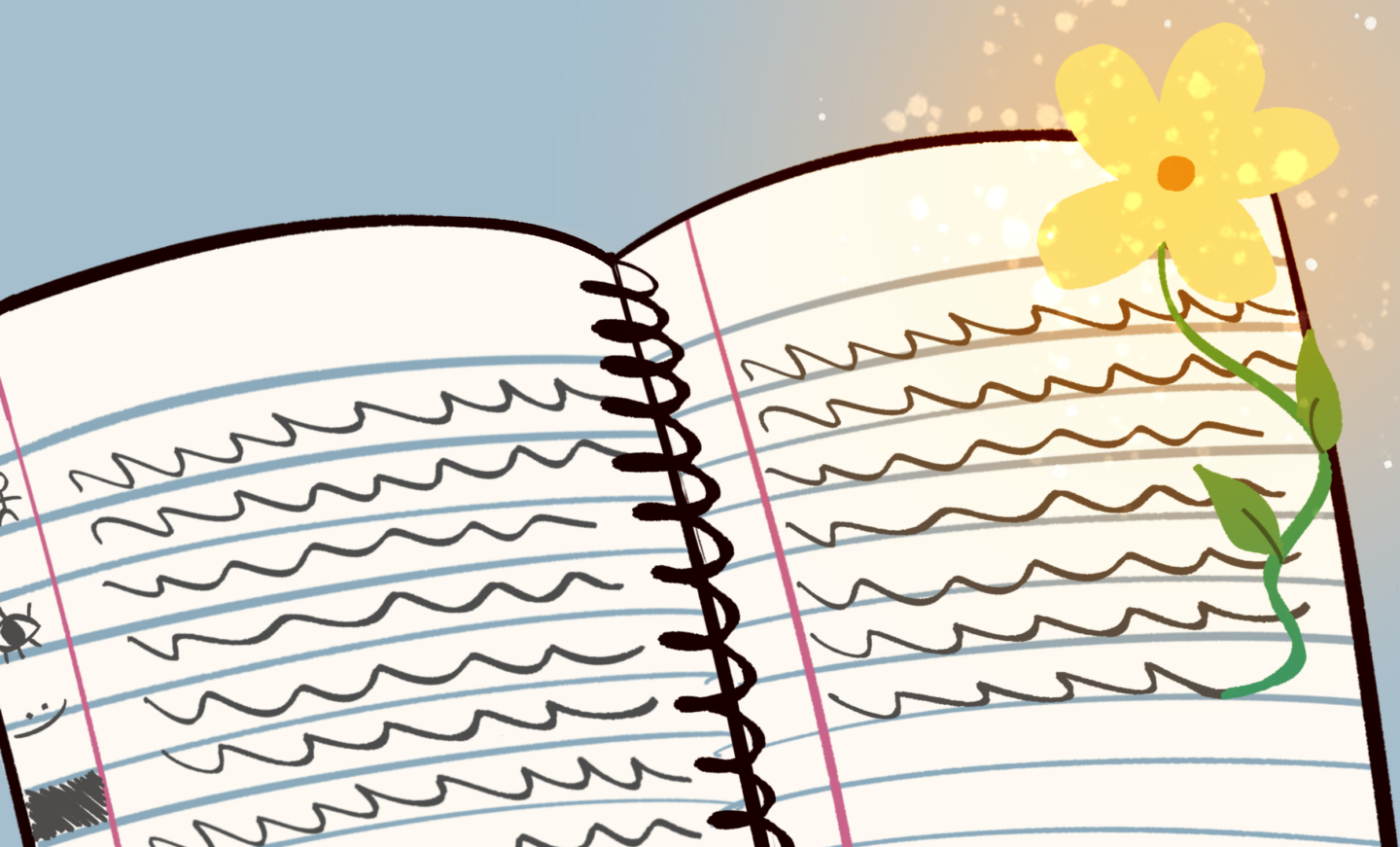The “A Change for the Better?” Webzine critiques BC’s current secondary level curriculum to determine its effectiveness at representing students’ diverse identities and perspectives. In recent years, the BC Ministry of Education reformed curricula to incorporate mental and physical health literacy, LGBTQIA2S+ acceptance and representation, Indigenous teachings, and creative expression. The Webzine authors chose to focus on BC as they believe it is essential to do an in-depth scope of one province in Canada instead of attempting to briefly cover a vast array of topics in a national context. Further, analyzing Canada’s curriculum as a whole would fail to represent the differences in provincial and territorial curricula accurately. BC is this Webzine’s focal point because the three authors have resided in this province all their lives.
In addition to analyzing the BC curriculum, the authors deliberately chose to focus on the secondary level of education. Being a teenager is an impressionable stage in one’s life. High school is often an environment where young adults generate varying degrees of independence, establish career goals or aspirations, and form their own worldviews. High school education highlighting diverse perspectives provides teenagers with valuable life skills to succeed in adulthood. Through the authors’ personal experiences, the secondary curriculum significantly impacts students’ self-confidence, self-identity, and self-expression. When the BC Ministry of Education neglects to consult with individuals, the newly implemented curriculum reflects an unsafe, unwelcoming environment misrepresentative of the diverse student population. The curriculum creates a learning environment that validates privileged identities, including but not limited to: being able-bodied, neurotypical, heterosexual, male, and white. Further, it creates an educational setting where teenagers spend most of their time, which fails to acknowledge individuals’ diverse needs, ancestries, support systems, and aspirations. The Webzine authors believe in providing an in-depth analysis of BC’s secondary level curriculum. Each of their articles aims to educate the public on areas where the provincial government fails to effectively support and represent students’ mental health, cultural and spiritual identities, unique histories, and creative expression.
